Introduction
Argentina's President Javier Milei, a figure who rose to power on a wave of anti-corruption rhetoric, finds himself at the center of a growing controversy. The focus of the uproar is his nomination of Judge Ariel Lijo to the Supreme Court. Lijo, a judge whose career has been tainted by accusations of conspiracy, money laundering, and illicit enrichment, is a contentious choice in a country yearning for judicial integrity.
A President’s Controversial Choice
President Milei, who had promised to root out corruption in Argentina's political and judicial landscapes, surprised many by nominating Ariel Lijo. Lijo’s record is anything but unblemished. He has faced a slew of accusations ranging from conspiracy and money laundering to illicit enrichment. These charges have not only come from public watchdogs but also from influential business groups and media outlets. The shockwaves this nomination sent through political circles and among the general populace raise questions about Milei’s true commitment to his electoral promises.
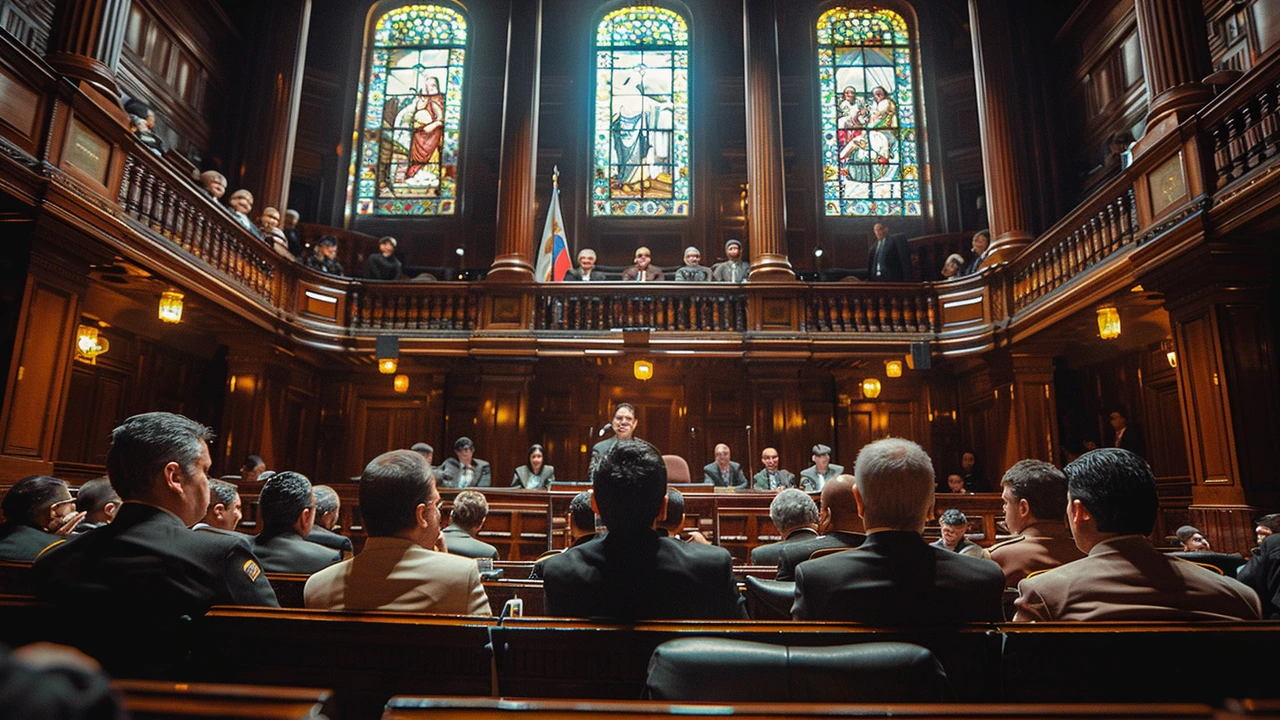
Judiciary Integrity in Question
Critics argue that Lijo’s confirmation to the Supreme Court could severely undermine the Argentine judiciary's fight against corruption. Legal analysts highlight that Lijo lacks the necessary appellate experience for such a high-ranking judicial position. Moreover, his past is riddled with instances where cases under his jurisdiction have stalled or been left unresolved, further fueling skepticism about his capabilities and integrity.
Support and Defense
Despite the backlash, Milei staunchly defends his nominee, presenting Lijo’s investigations into top officials as evidence of his anti-corruption stance. Yet, these investigations are marred by allegations of misconduct, raising doubts about the legitimacy of such claims. Supporters of Milei's administration are also conflicted. Vice President Victoria Villarruel and libertarian economist Alberto Benegas Lynch have publicly expressed their disappointment, adding weight to the chorus of disapproval from various quarters.
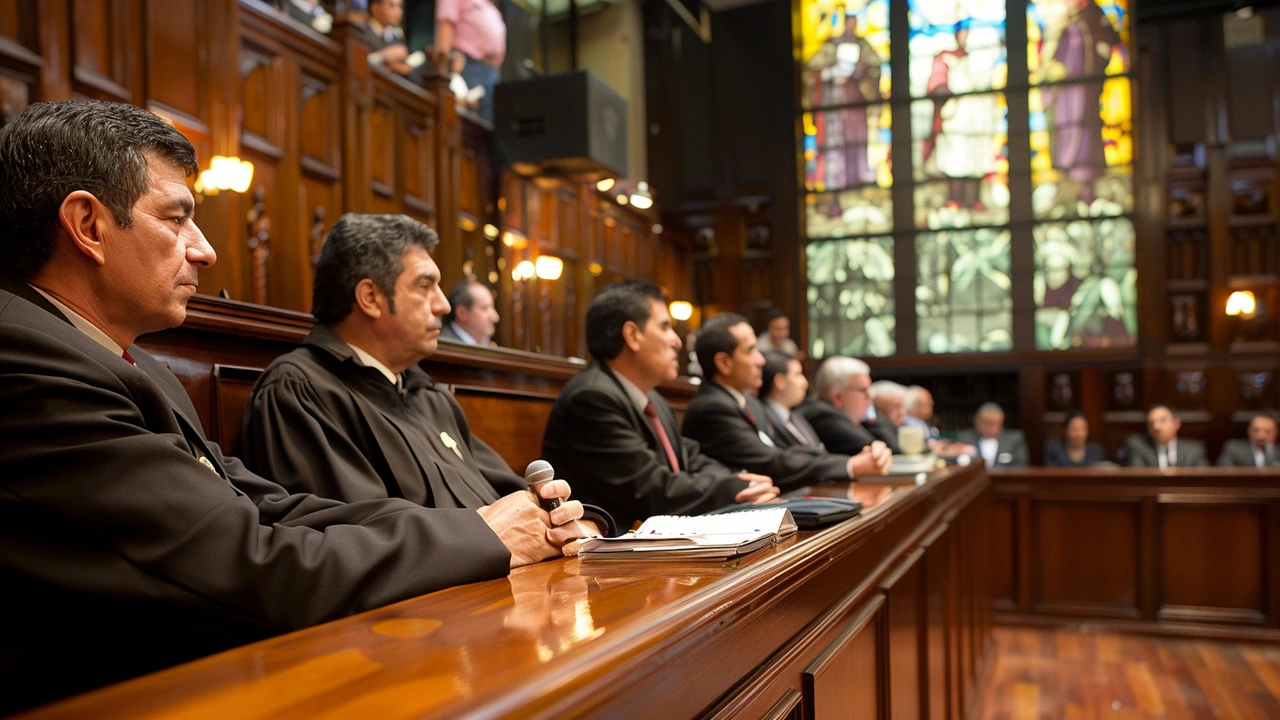
Backlash from Various Sectors
The nomination has not only shaken up political dynamics but has also sparked public protests. People from all walks of life have taken to the streets, questioning Milei's judgment and expressing their fears over the future of judicial independence in the country. The Argentine-American Chamber of Commerce has issued warnings too. According to them, Lijo’s confirmation could jeopardize Argentina's efforts to attract much-needed international investment.
Parliamentary Dynamics
The final decision on Lijo’s confirmation rests with the Argentine Senate, where the balance of power is delicate. Much depends on the votes of lawmakers who are aligned with previous leaders, such as former President Cristina Fernández de Kirchner. Her coalition holds a significant number of seats—33 out of 72—in the Senate. This political calculus adds another layer of complexity to an already contentious issue.
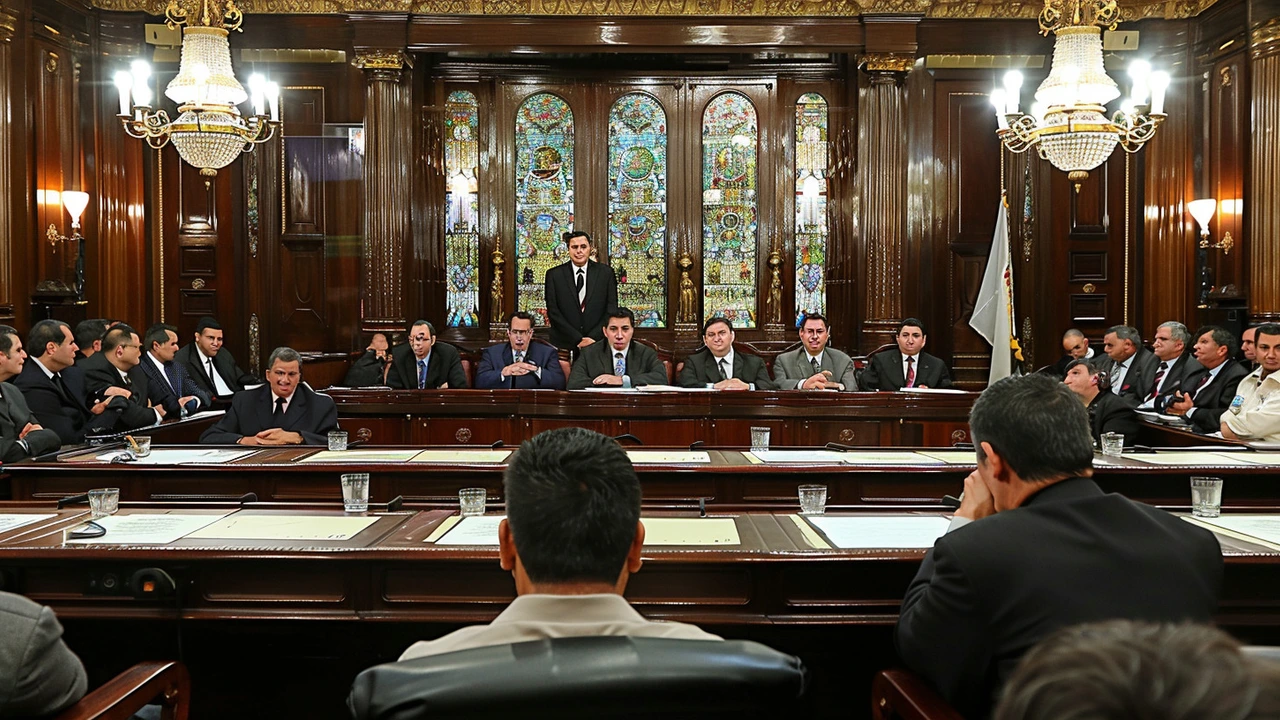
A Nation at a Crossroads
Argentine society is at a crossroads, caught between the hope for a reformed judiciary and the fear of falling back into old patterns of corruption and inefficacy. The next few weeks will be crucial, not just for Ariel Lijo’s career but also for the future of Argentina’s judicial integrity. As public debate intensifies, all eyes are on the lawmakers who will cast their votes, determining whether Lijo will ascend to the Supreme Court or if President Milei will have to reconsider his controversial nomination.
Conclusion
The controversy surrounding Judge Ariel Lijo’s nomination to the Supreme Court exposes a stark contradiction between President Milei’s anti-corruption rhetoric and his actions. As Argentina grapples with this contentious appointment, the need for transparent and accountable governance becomes ever more pressing. The outcome of this nomination battle will undoubtedly shape the nation’s judicial future and potentially its political landscape for years to come.
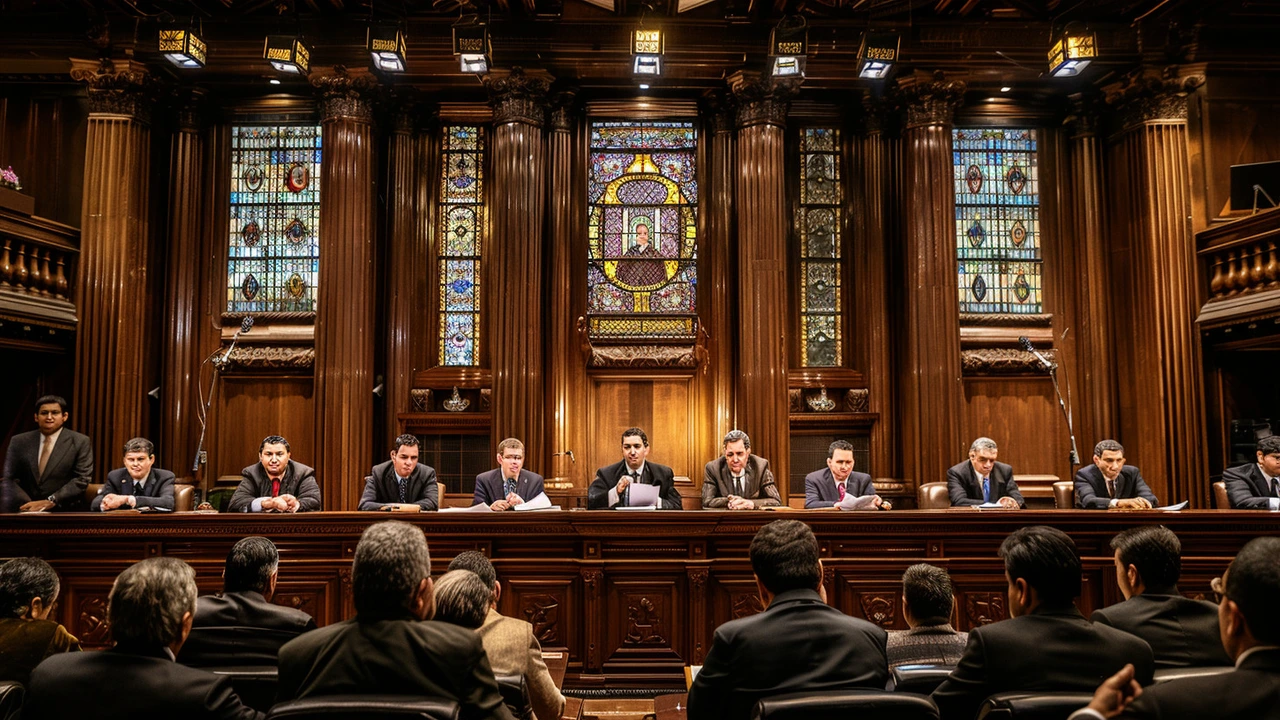
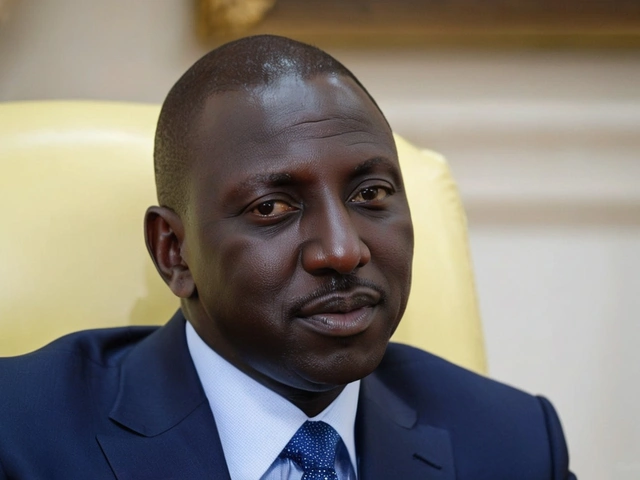
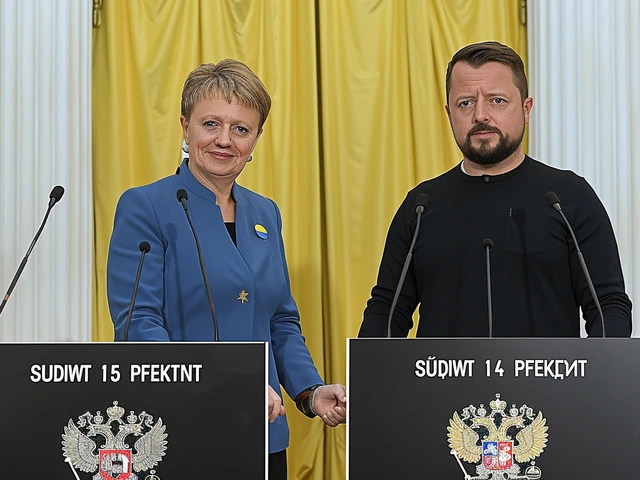



Write a comment